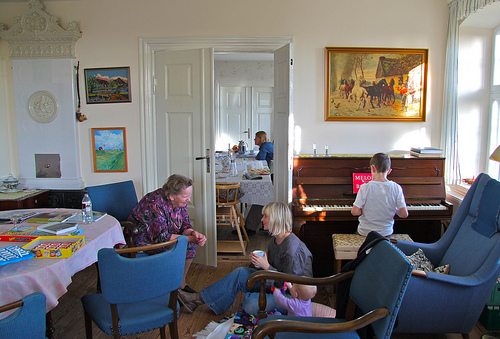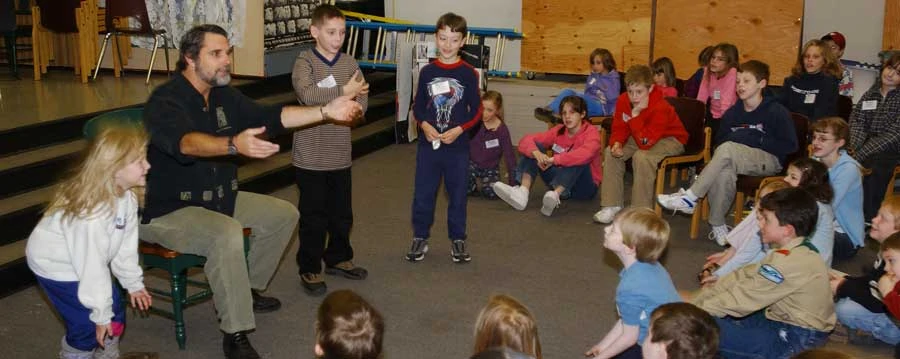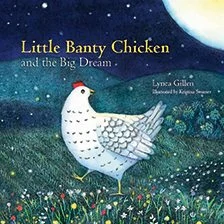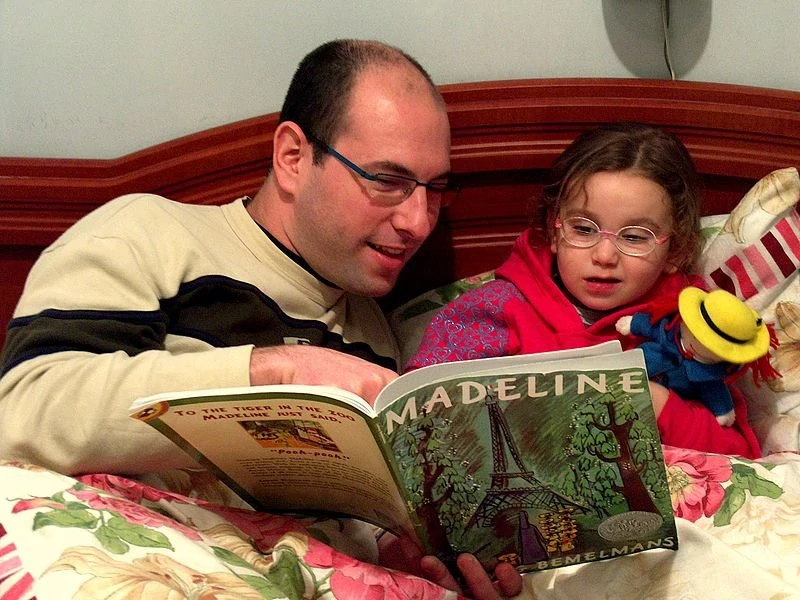Once upon a time…
There’s good reason why these four simple words almost instantly capture our interest. As if by magic, they may transport us back to childhood and the fairy tales read to us by our parents or earliest school teachers. They also hit an even more primal note in us.
For thousands of years, stories have been our way of making sense of the world and investing it with meaning – from archetypal tales of gods and goddesses to modern narratives that give voice to the interior lives of individuals coping with a world in flux. Storytelling is, in fact, an essentially human activity – one of the few things that makes us different from our fellow inhabitants on this planet. Think about how easily we lapse into it, how often we find ourselves shifting conversational gears with a phrase like, “This reminds me of the time….”
The Stories That Bind Us
The crucial socialization and mental health role storytelling can play in children’s lives was highlighted in a recent New York Times article on the importance of family stories.
The more children knew about their family’s history, the stronger their sense of control over their lives, the higher their self-esteem and the more successfully they believed their families functioned. The “Do You Know?” scale [a tool for measuring familiarity with your family’s history] turned out to be the best single predictor of children’s emotional health and happiness.

Yet as children’s lives have become more scheduled, as our own schedules have become ever busier; and as technology and a rapidly expanding media landscape have given us more opportunity for distraction and less relaxed, unplugged time together, storytelling – especially within families – has become something of a lost art. Where we used to have many regular occasions for talking with our loved ones, they may be fewer and farther between. And the less frequent our conversations, the more utilitarian they can tend to be, focused on practical business, not nurturing relationships, reinforcing connections.
Building Memory Scaffolds
This has consequences – not only on mental/emotional health but, in fact, the very efficiency of the brain. For instance, as Dr. David Walsh notes in Smart Parenting, Smarter Kids, one longitudinal study
found that parents and caregivers increase their children’s learning potential when they talk with their children about past events. The more elaborate the scaffolding is in the preschool years – the more knowledge a child has – the more brain locations he has in the future to which he can link new memories. When it comes to memory, the rich get richer.
Storytelling, he says, is one of the most powerful and effective ways to build that scaffolding on which other memories can hang, improving memory, learning and our sense of self.
Family image by gelle.dk, via Flickr





